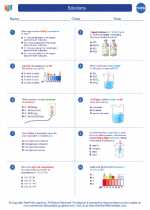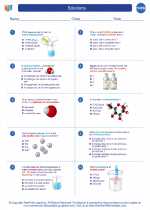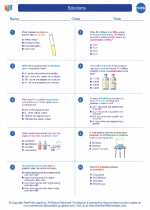Immune System
The immune system is a complex network of cells, tissues, and organs that work together to defend the body against harmful pathogens, such as bacteria, viruses, and parasites. It also plays a role in recognizing and removing abnormal cells, such as cancer cells, from the body. The immune system has a remarkable ability to distinguish between the body's own cells and foreign invaders, and to mount targeted responses to eliminate the invaders while sparing the body's own cells.
Components of the Immune System
The immune system is composed of various components, including:
- White Blood Cells (Leukocytes): These cells are the key players in the immune system and include different types such as lymphocytes, neutrophils, monocytes, eosinophils, and basophils.
- Lymphoid Organs: These include the thymus, spleen, lymph nodes, and tonsils, which house and support the development of immune cells.
- Antibodies: These are proteins produced by the immune system to identify and neutralize foreign substances such as bacteria and viruses.
- Complement System: A group of proteins that work together to destroy invading microorganisms.
- Bone Marrow: The site of production of blood cells, including the cells of the immune system.
Immune Response
When a pathogen enters the body, the immune system mounts a response that involves several steps:
- Recognition: Immune cells recognize the presence of foreign pathogens through specific molecules called antigens.
- Activation: Once recognized, immune cells become activated and start to proliferate, producing more cells to combat the infection.
- Attack and Elimination: The activated immune cells, such as T cells and B cells, work together to attack and eliminate the pathogens.
- Memory: After the infection is cleared, the immune system retains a memory of the pathogen, allowing for a faster and more effective response if the same pathogen is encountered again in the future.
Disorders of the Immune System
Disorders of the immune system can lead to a range of conditions, including autoimmune diseases (where the immune system attacks the body's own cells), immunodeficiency disorders (where the immune system is weakened and unable to effectively fight infections), and hypersensitivity reactions (such as allergies).
Study Guide
To study the immune system, it's important to understand the following key concepts:
- The different types of immune cells, their functions, and how they interact with each other.
- The process of immune response, including recognition, activation, attack, and memory.
- The role of antibodies and the complement system in fighting infections.
- The importance of the lymphoid organs and bone marrow in supporting the immune system.
- Common disorders of the immune system and their effects on overall health.
Additionally, practical activities such as observing immune cells under a microscope, conducting experiments to understand antibody-antigen interactions, and learning about the latest advancements in immunotherapy can help reinforce understanding of the immune system.
Remember to regularly review and practice applying the concepts learned to real-life scenarios to solidify your understanding of the immune system.
.


